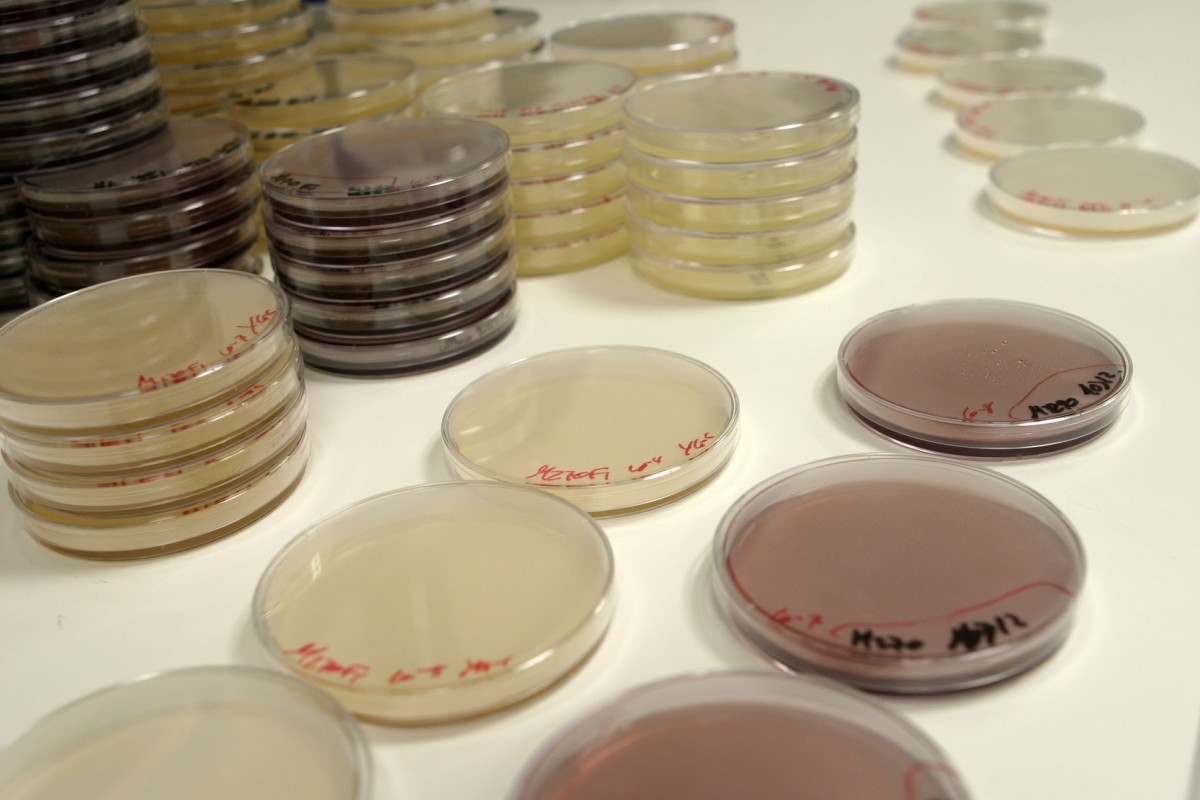Yoshinori Ohsumi of the University of Tokyo was recently awarded the 2016 Nobel Prize in Physiology or Medicine for his work in mechanisms for autophagy. What is autophagy? From the Greek roots “auto,“ or self, and “phagia,” or eating, the word literally means self-eating. In cell biology, autophagy describes the way that cells recycle unneeded components, and it is integral to homeostasis and proper cell function. Autophagy was initially described in the 1960s by Christian de Duve, winner of the 1974 Nobel Prize for his discovery of lysosomes, but it was Ohsumi and colleagues who went on to isolate and characterize the genes and molecular pathways responsible for this process using budding yeast in the 1990s.
Ohsumi’s discoveries were foundational to the work of Debasish Sinha of the Wilmer Eye Institute. When asked about how Ohsumi’s research has impacted his own studies, Sinha says: “His early discoveries in baker’s yeast, where he identified the proteins and pathways involved in the autophagy process, helped us immensely to tease similar mechanisms. Dysfunction of the autophagy process can affect the normal functioning of the cellular clearance process."
From years of working in the same field, Sinha also has personal experience with the new Nobel laureate. He commended Ohsumi, saying: “He is a true gentleman with amazing ideas who can mingle with anyone and is open to any discussions. It was amazing to see how much he cared about young scientists. I can call two of his closest disciples — Noboru Mizushima and Tamotso Yoshimori — as friends, and I can see how much he has nurtured their lives, which made both of them not only great scientists in the field of autophagy, but good human beings who everyone in the field adores.”
Discoveries in autophagy are becoming increasingly important in many translational fields, notably those studying cancer and age-related diseases, like age-related macular degeneration (AMD), which Sinha studies. Often, these conditions display a breakdown of autophagy, leading to a buildup of toxic aggregates in cells, such as amyloid plaques in Alzheimer’s disease or drusen deposits in AMD. Sinha hopes that “in the years to come, there will be novel therapies that target different steps of the autophagy process for several diseases, such as cancer, Alzheimer’s and AMD, for which there are limited treatment options at the present time.” Those treatments can’t come soon enough for many patients. Perhaps this year’s Nobel Prize will help to fuel interest and attention in the potential for autophagy-related translational medicine.
Related Content
- Learn more about Debasish Sinha's research.
- Subscribe to our Fundamental newsletter for the latest in basic science research discoveries.
